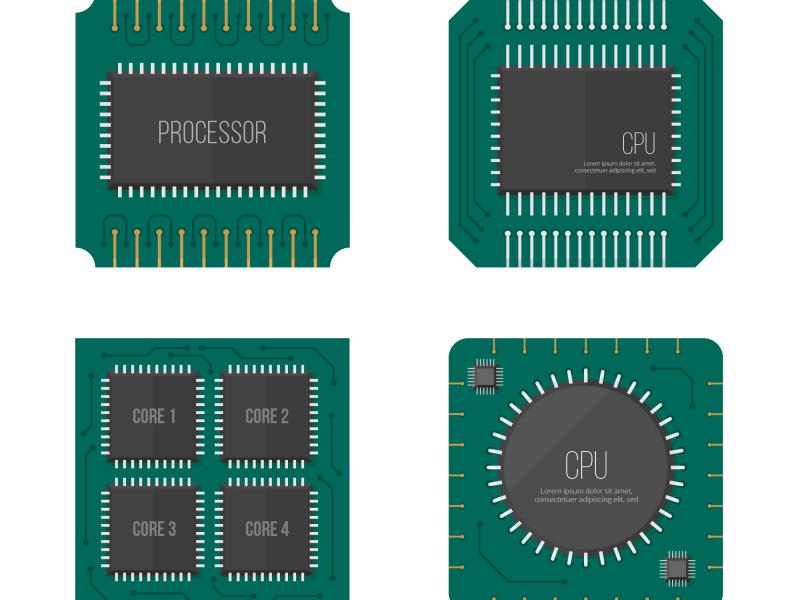- Broadcom introduces 3.5D XDSiP technology to enhance chip speeds and memory capacity for AI infrastructure.
- Production is set to begin in February 2026, supporting the growing AI chip market.
What happened: Broadcom targets custom chip market with advanced packaging technology
Broadcom has announced the launch of its new custom chip technology, 3.5D XDSiP, designed to accelerate semiconductor performance. This innovation allows for greater memory integration and faster data processing by directly linking critical components within a single chip package. The technology leverages advanced manufacturing techniques provided by TSMC, including chip-on-wafer-on-substrate (CoWoS) processes, which are crucial for building efficient generative AI (GenAI) infrastructure.
The California-based semiconductor giant, known for its networking equipment and custom processors, plans to roll out production shipments of five new products using this technology in February 2026. Broadcom’s CEO Hock Tan highlighted the increasing demand for AI clusters from its hyperscale customers, which include industry leaders like Google and Meta, as drivers of its forecasted $12 billion AI revenue for fiscal year 2024.
Also read: Microsoft develops two custom silicon chips to improve AI competitiveness
Also read: AI chips: What they are and how they work
Why it’s important
Broadcom’s introduction of 3.5D XDSiP comes at a pivotal time, as demand for generative AI hardware surges. With Nvidia dominating the AI chip market, cloud providers are seeking alternatives to diversify their supply chains. Broadcom’s solution promises to meet this demand by improving performance and reducing dependency on costly competitors.
The custom chip market, which is expected to grow to $45 billion by 2028, presents significant opportunities for players like Broadcom and its rival Marvell. The adoption of TSMC’s advanced packaging techniques could position Broadcom as a key player in the AI infrastructure space, where efficient chip manufacturing and deployment are critical. Analysts believe this innovation could catalyse further advancements in data processing and cloud AI capabilities, reshaping the competitive landscape.

